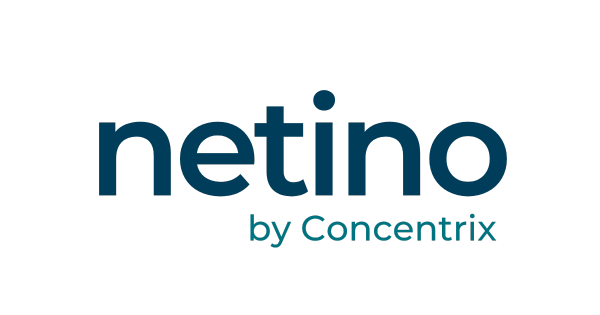Makeup: A Political Tool Not to Be Overlooked
New York, 1912: suffragettes march for the right to vote, their lips painted bright red. At the time, wearing lipstick was an act of defiance, almost scandalous. Makeup was a political tool. And today? It still is. But the rules have changed. It’s no longer brands that define the meaning of colors, styles, or routines. It’s the users.
Makeup is political not because brands made it so, but because consumers have redefined it.
And if you’re not doing social listening, you might just miss this shift.

Makeup as a Symbol of Commitment
Today, the popular “Get Ready With Me” videos on TikTok go far beyond just demonstrating how to apply cream blush. They’ve become spaces for discussion, storytelling, and education. People do their makeup while talking about mental health, politics, racism, and gender.
Sometimes, the message is even more direct. The viral “Republican makeup” trend on TikTok is a clear example: a nude, polished, ultra-coded look that many users linked to a conservative aesthetic. In contrast, colorful, queer, and extravagant styles are often seen as “progressive” markers.
Makeup is no longer just about “looking pretty”, it’s a form of expression and a way to show what you stand for.
The Problem: Brands Don’t Always Get It
Some brands still act as if makeup is neutral, with no real connection to cultural or political movements. They launch polished, standardized campaigns without understanding why parts of their audience disengage. Or worse, they clumsily speak out on sensitive topics without understanding the context, and risk serious backlash.
Why? Because they’re not listening. They’re not analyzing beyond sales numbers or end-of-campaign KPIs.
Social Listening : A Powerful Lever.
Social listening isn’t just about reading the comments or spotting what’s trending. It’s about deeply analyzing what communities are saying. How they express themselves. What they subvert. What they celebrate. And what they reject.
Here’s what it enables in the world of beauty :
- Identify emerging trends before they go mainstream or become controversial.
- Understand the cultural codes tied to certain looks (e.g. clean girl, bimbo revival, etc.).
- Adapt messaging, visuals, and formats to speak in the right way and to the right audience.
- Avoid missteps, especially when addressing topics like inclusivity, beauty standards, or identity diversity.
Makeup Speaks and Netino Helps You Listen
Today, every stroke of eyeliner can be perceived as a statement. Ignoring its political dimension means risking the wrong message.
This is not a call to politicize everything, but a reminder to stay attentive. Brands no longer control the narratives, they rather take part in them.
Social listening is not just about tracking trends. It allows you to understand what communities want to express. And sometimes, what they want to change.
N'hésitez pas à partager cet article !
"Makeup: A Political Tool Not to Be Overlooked"

